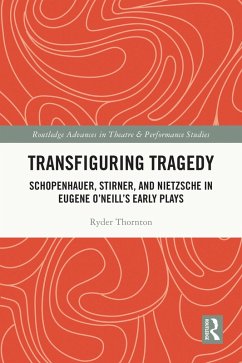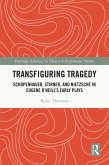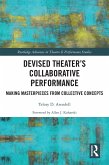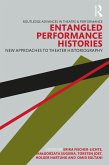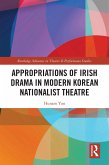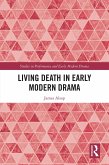Analyses of one-act and full-length plays from 1913 to 1921 reveal the influence of the three philosophers and establish that O'Neill was fundamentally a philosophic playwright, even from his earliest dramatic sketches. Specific concepts from Schopenhauer, Stirner, and Nietzsche went into O'Neill's shaping of character arcs, dramatic circumstances, symbology, and theme. Among them are Schopenhauer's concept of will and representation, Stirner's notion of possession, and Nietzsche's principle of the Apollonian-Dionysian duality. These ideas were foundational to O'Neill's construction of tragic irony apparent in his early period plays. The critical concepts of these three philosophers are the major pathways in this study. However, such an approach inevitably reveals other layers of spiritual influence, such as Catholicism and Eastern philosophy, which are touched on in these analyses.
This book is a much-needed introduction to philosophic concepts in Eugene O'Neill's early work and would be of great interest to students and scholars in theatre studies and philosophy.
Dieser Download kann aus rechtlichen Gründen nur mit Rechnungsadresse in A, B, BG, CY, CZ, D, DK, EW, E, FIN, F, GR, HR, H, IRL, I, LT, L, LR, M, NL, PL, P, R, S, SLO, SK ausgeliefert werden.
William Davies King, Distinguished Professor of Theater and Dance, University of California Santa Barbara
"Transfiguring Tragedy interweaves clear-eyed interpretations of Eugene O'Neill's three foundational philosophers with masterful readings of the early plays-from the philosophical underpinnings of his earliest one-acts A Wife for a Life and The Web, to the designation of inaugural full-lengths Bread and Butter and Beyond the Horizon as 'tragedies of ownness,' to various philosophical syntheses like the Apollonian-Dionysian conflict in his expressionistic tours de force The Emperor Jones and The Hairy Ape. Thornton's boldly inclusive examination of O'Neill's naturalistic Anna Christie shows how the ever-enigmatic play was inspired by Mencken's translation of Nietzsche's The Antichrist and layered with influences that include Nietzsche, Stirner, Eastern philosophy, and Christian symbolism. With a keen intellect, Ryder Thornton has assembled a splendidly researched philosophical cosmology for America's master dramatist."
Robert M. Dowling, author of Eugene O'Neill: A Life in Four Acts
"Thornton does a fine job of unpacking for the uninitiated the main philosophical positions of his titular intellectual trio as O'Neill would have encountered and understood them, striking a balance between our own contemporary reception of these figures and the particularities of O'Neill's engagement with them given the specific translations available to him and the various intellectual currents of the era. Thornton offers an unmistakably valuable contribution to our understanding of O'Neill's earliest philosophical development and its impact on his dramaturgy and stagecraft."
David Kornhaber, University of Texas, Austin for The Eugene O'Neill Review

